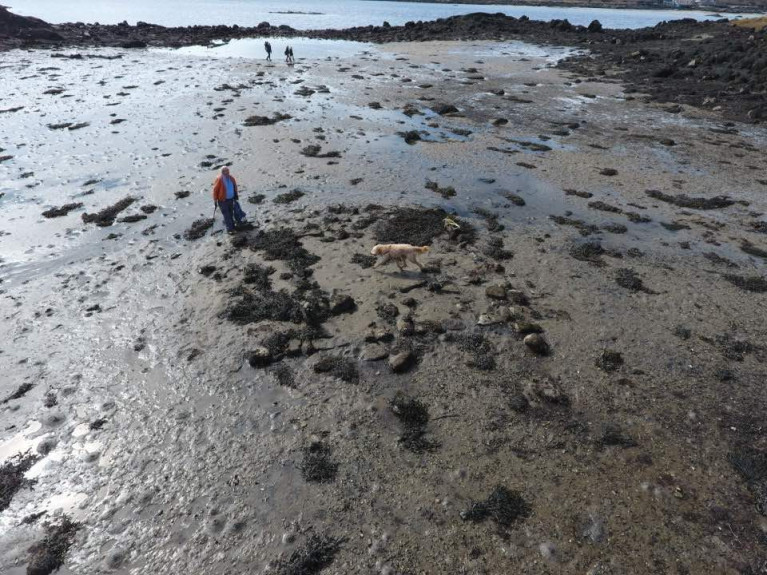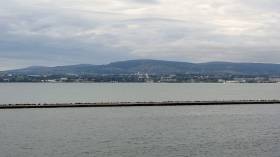Displaying items by tag: Sea Level
‘There’s No Point Waiting Until the Seawater Is Up to Our Knees’: TD Calls for Action on Risk of Rising Sea Levels
East Cork, Waterford, Galway and the Shannon Estuary will be the first to bear the brunt of an “alarming and startling” rise in sea levels, a TD has warned.
As the Irish Examiner reports, David Stanton (Cork East) expressed his fears of a “truly frightening” outcome for many coastal communities in the continued absence of a national coastal risk strategy.
“There is no point waiting until the seawater is up to our knees and then saying we should have planned for this 20 years ago,” he said.
The Irish Examiner has more on the story HERE.
Further Evidence of Sea Level Rise Along the Atlantic Coast Uncovered on North Connemara Inter-Tidal Zone
Discovery of the remains of a “drowned” prehistoric house in north Connemara may be further evidence of sea-level rise along the Atlantic coast in the last millennium.
As The Sunday Times reports today, parts of a small prehistoric dwelling covered by sea except at low spring tide have been identified by archaeologist Michael Gibbons and engineer Shane Joyce on the coast south-west of Clifden, Co Galway.
The site is in a sheltered “lagoon-like setting” on the tip of the Faul peninsula, at the junction of Clifden and Ardbear bays.
Gibbons said that the structure is similar in size to early Neolithic houses, and it is protected from tidal surges by Oileán Gearr or Islandagar, a small island on its western side.
Gibbons said it was further evidence of a “drowned prehistoric landscape”, which has been researched and dated by NUI Galway palaeoecologists Prof Michael O’Connell and Dr Karen Molloy.
O’Connell and Molloy have estimated that sea levels rose by as much as four metres on the Atlantic coast in later prehistory - as in 1,000 years ago – with Galway Bay being younger than originally estimated.
Prof O’Connell said that it was “quite reasonable” to suggest the structure identified by Gibbons and Joyce may be early Neolithic, given that sea level rise occurred in the late Neolithic period.
O’Connell and Molloy’s work focused on tree stumps, believed to be bog pine, which have been exposed at low tide by storms dating back to 2010, along with pollen analysis of coastal peat deposits.
Gibbons said that a shell midden dating from 4,000 BC on the Errislannan peninsula, just south-west of the Faul location, was also evidence of Neolithic settlement by early farmers.
Read The Sunday Times report here
Climate Action Report Claims Dublin Bay Sea Level Rising Faster Than Forecast
Dublin Bay’s sea level seems to be rising faster than forecast — and at twice the global average over the past two decades.
The Irish Times reports on this startling claim from Dun Laoghaire-Rathdown County Council’s (DLRCoCo) climate change action plan, which also notes that weather extremes are “likely to increase in their frequency and intensity”.
The report comes following one of Ireland’s hottest summers on record, itself just months after a first ever Status Red warning for snow was issued by Met Éireann.
Three Dublin local authorities launched their climate action plans on Monday (9 September), with DLRCoCo’s plan pledging to “prioritise nature-based flood defences where possible” over the next five years.
The Irish Times has much more on the story HERE.

























































